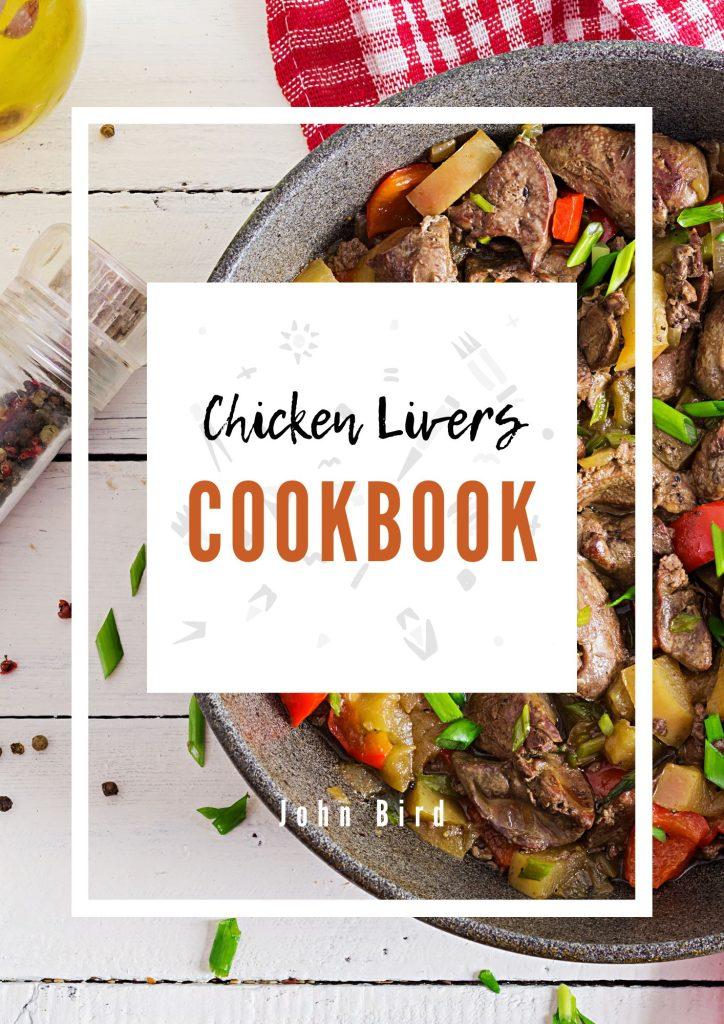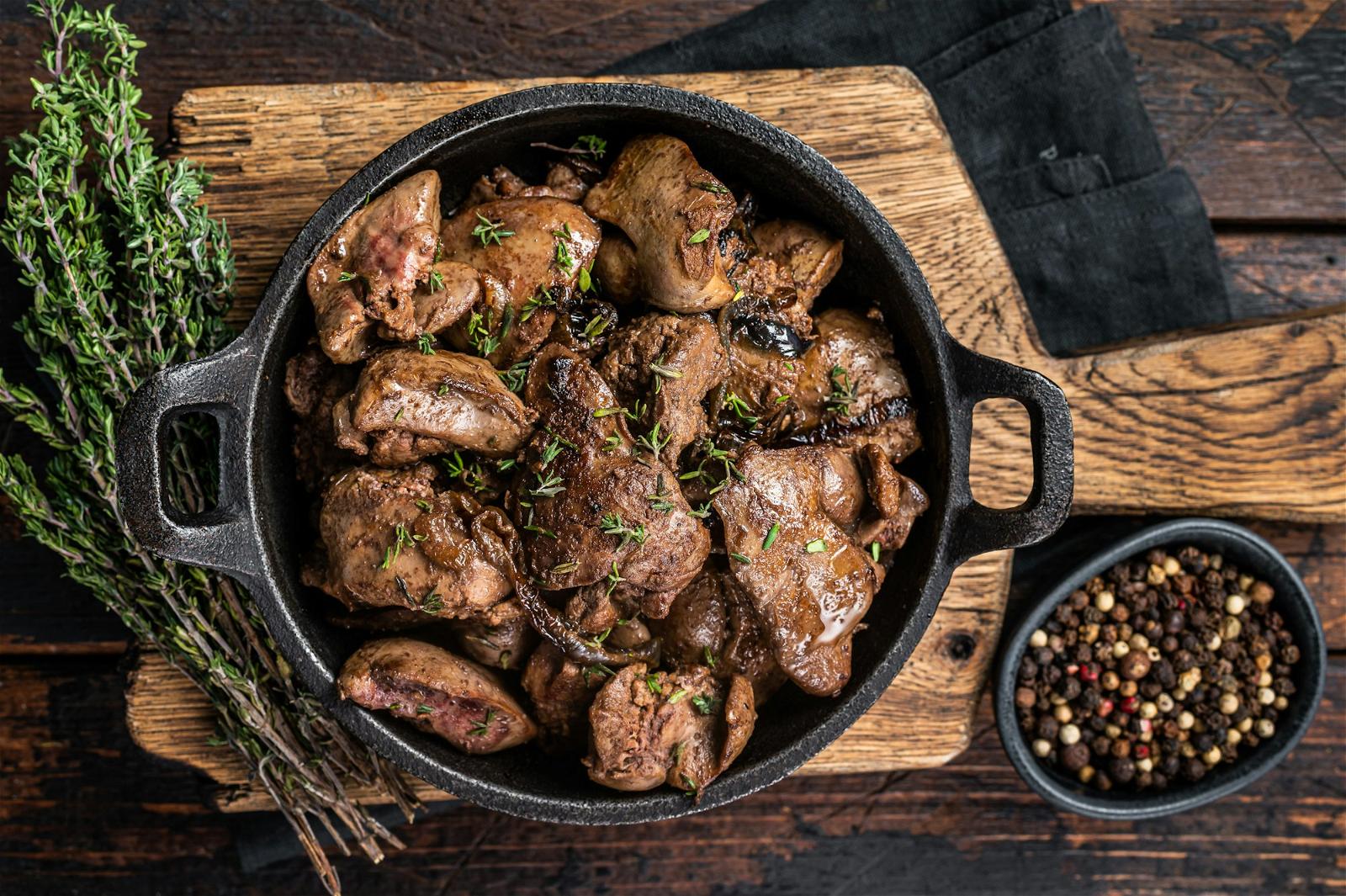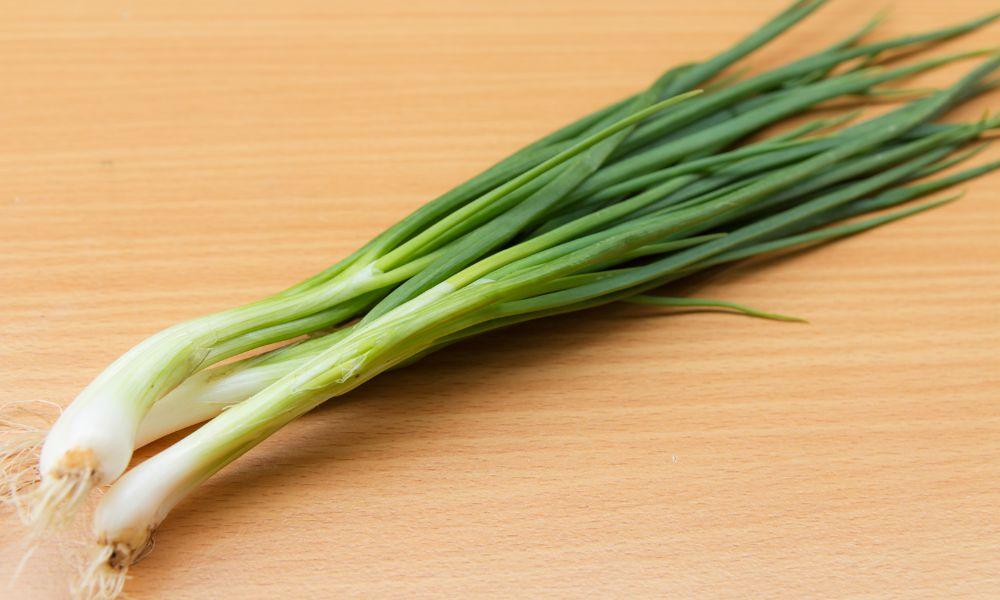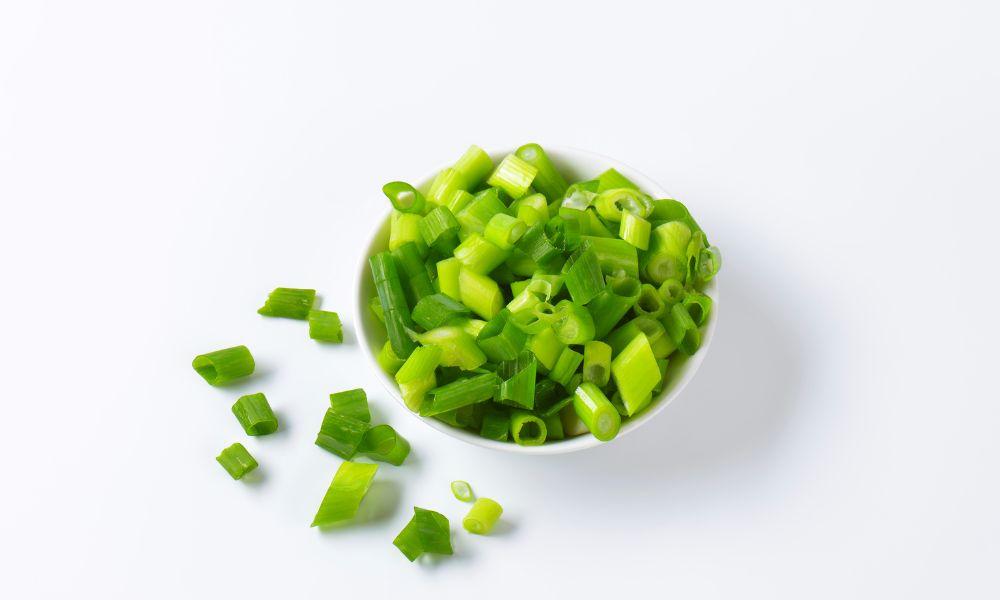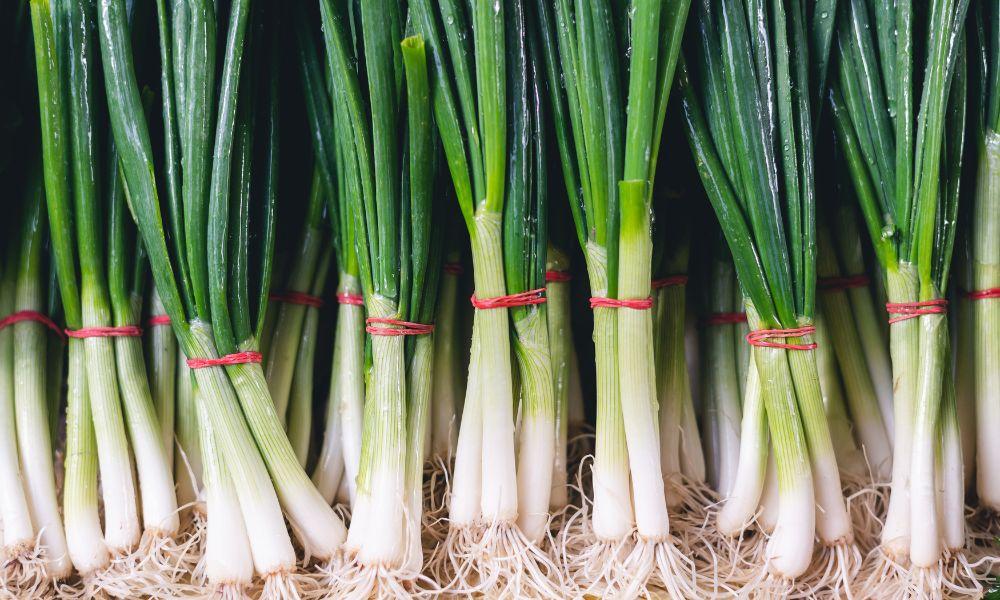Liver and onions – the dish I swore I’d never touch… until grandma cooked it this special way. She had a knack for taking things I usually disliked and completely transforming them into new favorites.
“Just try it,” she’d urge gently, a knowing glint in her eye. And I’m so glad she persisted.
Not only was her liver melt-in-your-mouth tender but understanding the health perks made me view it in a whole new light.
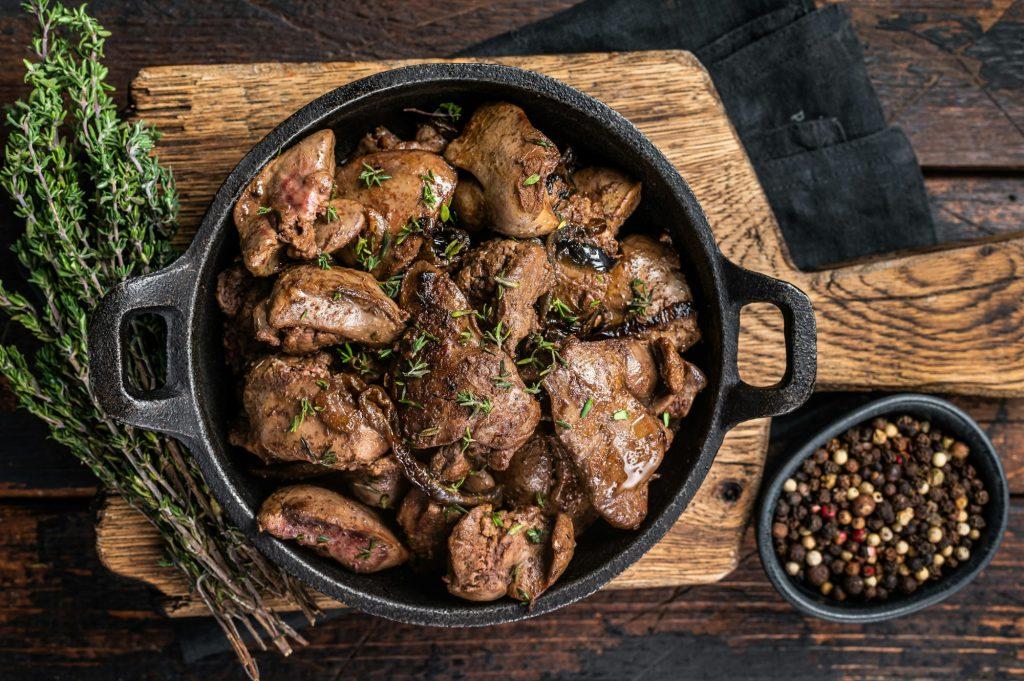
🧅 Is Liver and Onions Good for You?
In moderation, absolutely! The liver is incredibly nutrient-dense, packed with vitamin A, iron, and B vitamins. As part of a balanced diet, it can benefit your vision, energy levels, and more.
🤔 However, there are some considerations:
The liver is high in cholesterol, so portion control is important. It has very high levels of vitamin A, which can be a concern during pregnancy. Talk to your doctor if you fall into this category.
Quality matters! I was skeptical until chatting with local farmers at the market, where I learned that sourcing and preparation make all the difference.
Once I tried grass-fed liver from pasture-raised cattle, cooked to perfection, I became a believer. But the liver certainly isn’t a panacea or suitable for everyone. As with any food, listening to your body is key.
As a chef and barista who ran the real-life Boat Basin Café in downtown New York, I’ve learned a thing or two about quality ingredients over the years.
And when it comes to nutrient-dense superfoods like liver, sourcing matters tremendously.
I’ll admit, I was skeptical when my grandma first served me her signature liver and onions.
But after chatting with farmers at the local market, I learned that liver from grass-fed, pasture-raised cattle is far superior in taste and nutritional quality. The difference is night and day!
Other delicious ways to enjoy liver:
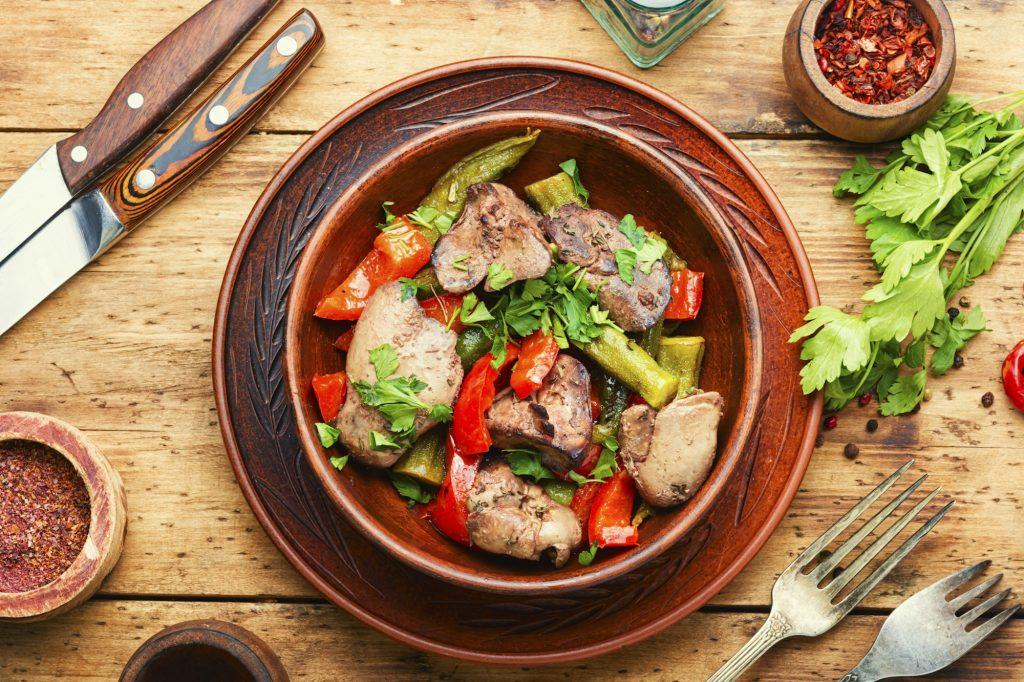
- Chicken Liver Salad
- Sauteed chicken liver with bacon and mashed potatoes
- Fried chicken liver
- Lamb liver
- Liver Berlin Style
Liver: The Nutritional Powerhouse
The liver truly is a nutritional superstar! Few foods can match its impressive lineup of vitamins and minerals.
Vitamin A Champion
The liver is a top-tier source of vitamin A. This nutrient is vital for vision, a strong immune system, and healthy cell growth. I guess Grandma was right – her home-cooked liver likely played a role in keeping her eyesight sharp! Remember, moderation is key with vitamin A, so it’s best to get it from whole foods like liver.
Anemia Fighter
The liver is a fantastic source of iron. Iron is crucial for energy levels and preventing anemia. Grandma’s liver dishes helped keep Grandpa feeling energized all those years! If you struggle with low iron, consider adding liver to your diet.
B-Vitamin Boost
This superfood offers a variety of B vitamins, supporting healthy skin, hair, eyes, and even the liver itself! They also play a role in brain function and red blood cell production. That might explain why Grandpa’s mind stayed so clear!
The Full Package
Besides all that, the liver provides protein, copper, zinc, and more. It’s important to note that sourcing and moderation are key for optimal benefits.
Important Resources
- Learn more about the liver’s nutritional profile from WebMD.
- Understand dietary cholesterol from the American Heart Association.
- Get detailed information on Vitamin A from the Office of Dietary Supplements.
Hold on… Things to Consider
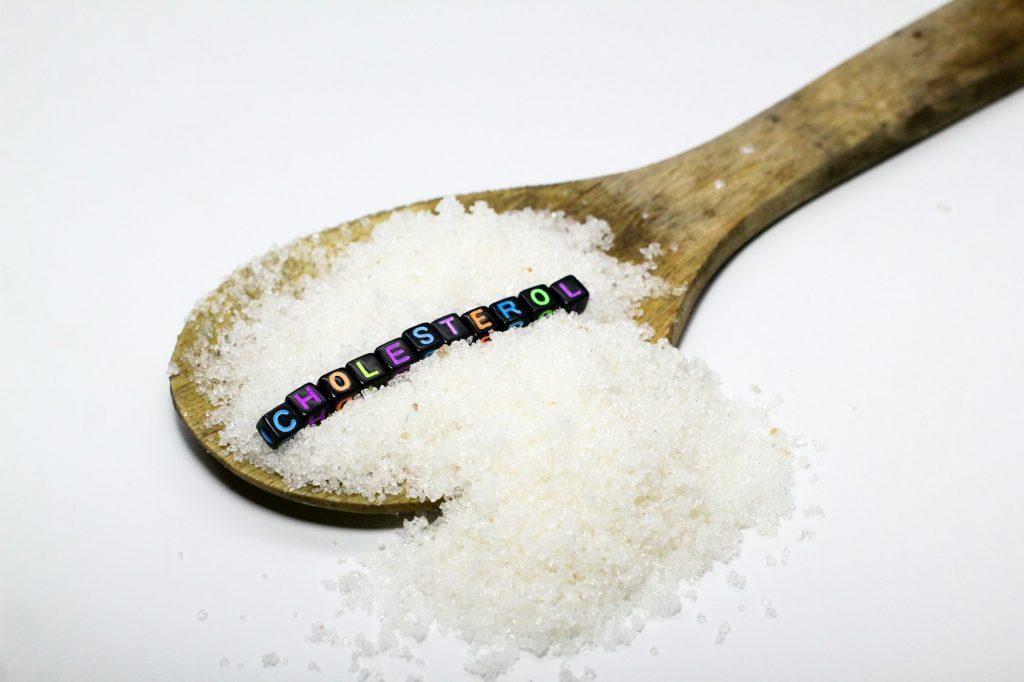
The liver is incredibly nutritious, but there are a few important factors to keep in mind:
- Cholesterol Content: The liver is higher in cholesterol than muscle meats. For most healthy individuals, this isn’t a major issue when enjoyed in moderation. If you have cholesterol concerns, discuss liver consumption with your doctor.
- Pregnancy Precautions: Liver’s exceptionally high vitamin A content means pregnant women should be cautious. Excess preformed vitamin A can pose risks.
- Here’s a helpful chart for maximum recommended intake by trimester:
| Trimester | Upper Tolerable Vitamin A Intake |
|---|---|
| First | 10,000 IU |
| Second | 10,000 IU |
| Third | 8,000 IU |
- Sourcing Matters: Look for liver from pasture-raised, grass-fed cattle for the best quality and taste. Freshness counts – freezing quickly after slaughter preserves nutrients and flavor.
Of course, even the best liver needs to be cooked right! I’m curious to learn grandma’s secrets for perfect liver dishes – let’s dive into that next!
Grandma’s Secrets + Flavor Boosters
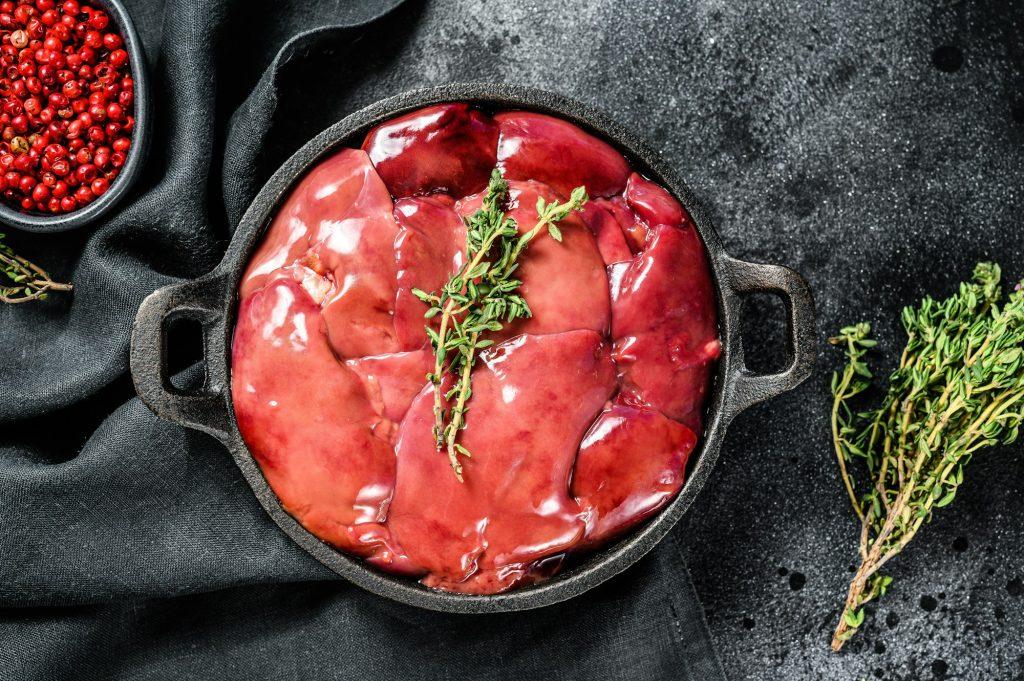
Grandma’s liver dishes were famously tender. Her secret? Soak the liver in milk overnight.
Milk’s enzymes gently break down tough fibers, creating a melt-in-your-mouth texture. Remember to pat the liver dry before cooking!
My Flavor Wins
Don’t be afraid to get creative! I love adding an Italian herb rub before cooking and deglazing the pan with balsamic vinegar for a flavor boost. Sautéed onions, garlic, thyme, and even bacon bits add delicious depth.
Butcher’s Choice
For the best results, source calf’s liver from a trusted butcher. It’s milder and more tender than beef or lamb. Ask for thin slices from the smaller end for optimal tenderness when seared.
Does Liver Fit YOUR Goals?
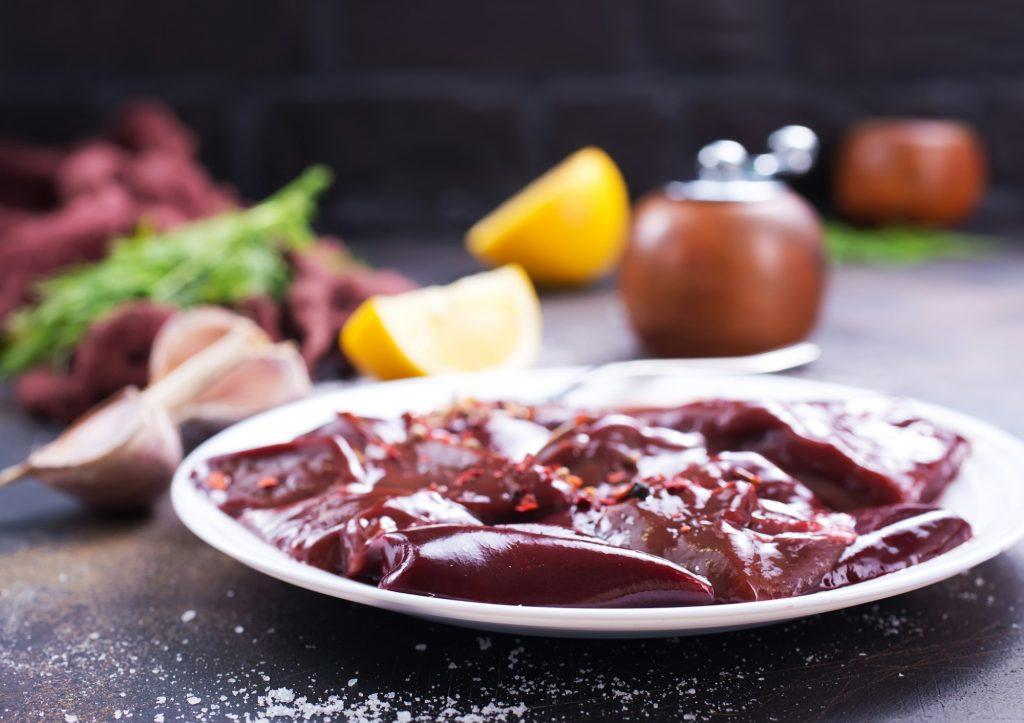
Liver isn’t a one-size-fits-all food, but it offers targeted benefits for specific groups:
- Muscle Fuel: If you’re a gym enthusiast or athlete, liver’s high protein content (over 50% of your daily needs in just 3 ounces) makes it a great choice. Pair it with complex carbs for optimal muscle repair and growth.
- Brain Power: Liver’s abundance of B vitamins supports brain health. It packs riboflavin for metabolism, niacin for cognition, and B12 for energy – all vital for everyone from stressed-out students to seniors.
- Eye Health Hero: All that screen time wearing you down? Liver’s rich vitamin A helps maintain vision and may even offer protection against age-related issues. I guess Grandma was right about her liver recipe keeping her eyes sharp!
Ultimately, the key is to choose preparation methods that suit your taste, and factor in your individual dietary needs and health goals. Grandma’s philosophy of enjoying good food in moderation, shared with loved ones, is a recipe for a well-lived life!
FAQs
How often should you eat liver?
Liver is incredibly nutrient-dense, but moderation is key. Enjoy it as part of a balanced diet, aiming for 1-2 servings per week. This provides the benefits without the risks of consuming too much vitamin A or cholesterol.
What are the pros and cons of eating liver?
Here’s a quick breakdown:
Pros: * Excellent source of vitamins A, B12, iron, and other nutrients * Promotes eye health, energy levels, and immune function * Can boost muscle growth and repair
Cons: * High in cholesterol * Very high in vitamin A (poses risks during pregnancy) * May not be everyone’s favorite flavor
Is eating liver bad for cholesterol?
Liver does contain higher cholesterol than muscle meats. For most healthy individuals, moderate liver consumption isn’t a major concern. However, if you already have high cholesterol, it’s best to discuss liver intake with your doctor.
Does liver and onions have a lot of cholesterol?
Yes, a typical liver and onions dish is relatively high in cholesterol due to the liver content. Enjoy it in moderation, especially if watching your cholesterol levels.
When should you not eat liver?
Avoid liver if you:
Are pregnant (due to very high vitamin A content)
Have gout (liver is high in purines, which can worsen symptoms)
Have a medical condition – always consult your doctor for personalized advice
What are the 5 most unhealthy foods?
This is a broader question, but generally, the worst offenders are:
Processed meats (hot dogs, bacon, deli meats)
Sugary drinks (soda, sweetened juices, sports drinks)
Fried foods
Refined carbohydrates (white bread, pastries)
Highly processed snacks
Love the classic chicken liver salad? Get ready to be amazed! My e-book goes beyond the traditional, with 10 exciting recipes inspired by what’s hot in food. Think Peri Peri, Keto, even TikTok challenges! 🔥
